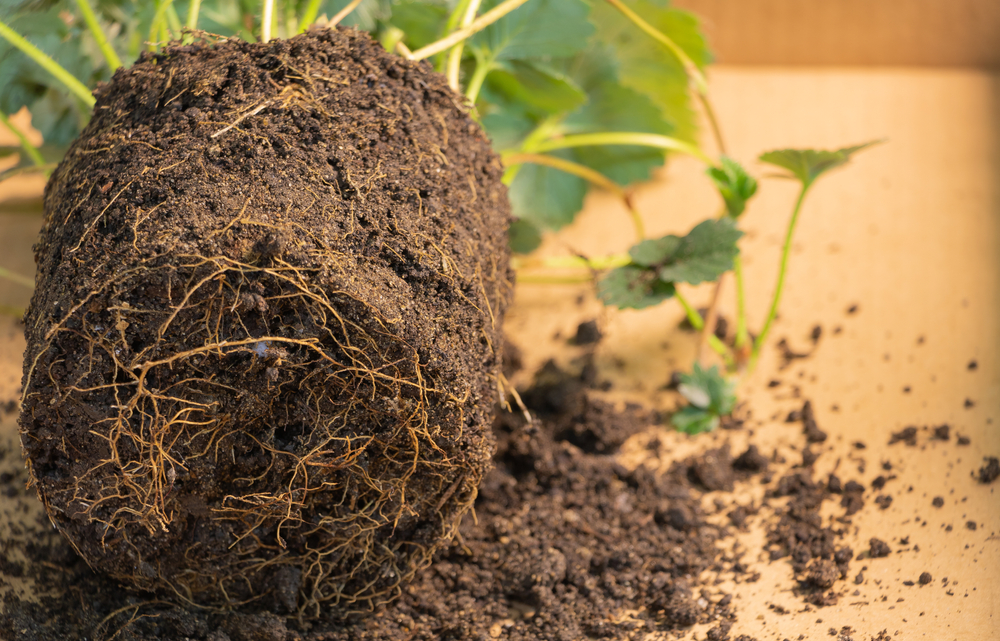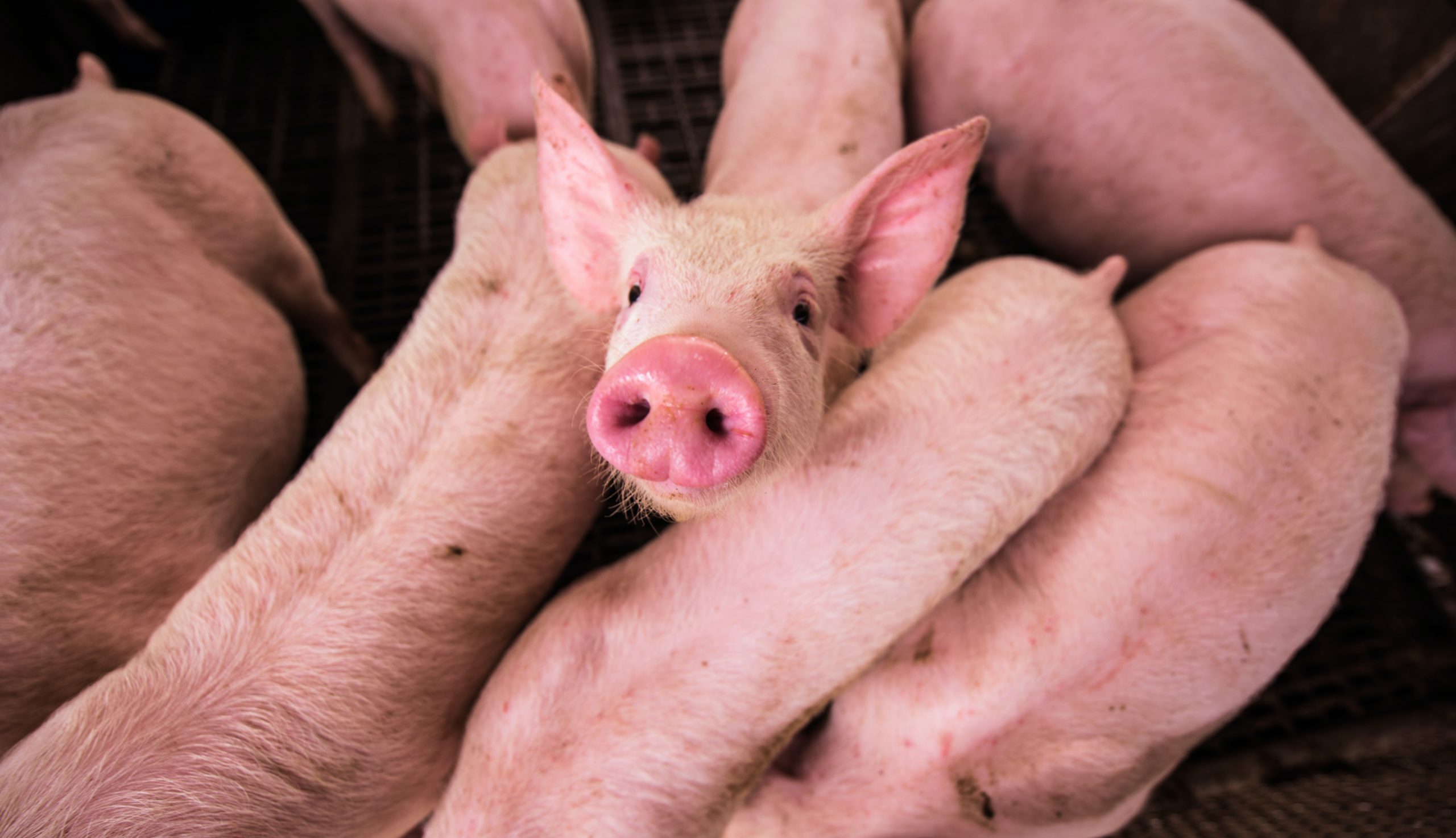He discovered that the soil fungus Verticillium dahliae attacks plants by eliminating good microorganisms in and around the roots.
Plants try to build up resistance to pathogens not just above ground but below ground too. Plants attract microorganisms around their roots to form part of what is known as the plant microbiome. This microbiome plays an important role in the plant’s health. For example, fungi and bacteria help provide nutrients or keep pests away. Conversely, some diseases and pests also try to invade the plant underground. Snelders thinks that they affect the beneficial microorganisms in and around the roots when they do so.
Wilting disease
With this hypothesis in mind, he determined the effect of the soil fungus Verticillium on the plant microbiome. This problem fungus causes a wilting disease in strawberries, tomatoes and cotton, among other crops. Like other pathogens, the fungus uses effector proteins that knock out the plant’s immune system. However, Snelders wanted to know whether these effectors also influence other microorganisms in and around the plant to get inside the plant. This turned out to be the case.
Competitors
‘The fungus secretes three effector proteins to attack the good microbes in the plant and soil,’ says Snelders. ‘First, the fungus grows towards the plant roots in the soil. The effectors create a path. Then they attack microbial competitors in the host as the fungus grows up the plant’s vascular system through the roots. Thirdly, as the plant dies and the fungus gains access to the rotting plant tissues, effectors make sure the pathogen can go into a dormant state. The fungus can then survive underground for 15 years without a host plant.’
Antibiotics
Snelders showed for the first time that pathogens also use effector proteins to influence microorganisms in the plant and soil. That insight led to a nice publication in Nature Plants. ‘We are opening up a new field of research. These effector proteins with their antimicrobial functions have potential as beneficial antibiotics for our healthcare,’ says the PhD candidate. Snelders hopes that by studying effector proteins that the fungus secretes inside the plant, he will be able to find antibiotics with new activities.
Snelders will be carrying out that follow-up research not in Wageningen but at the University of Cologne, where his PhD supervisor Bart Thomma, previously professor of Phytopathology at WUR, is starting a new Evolutionary Microbiology chair group. Snelders obtained his doctorate on 4 December and is now a postdoc in Cologne.

 Strawberry roots, photo: Shutterstock.
Strawberry roots, photo: Shutterstock. 

